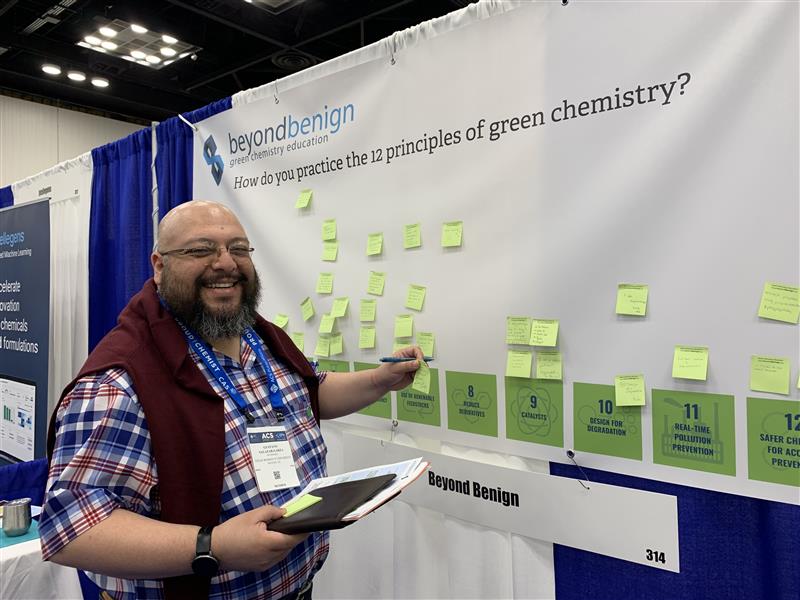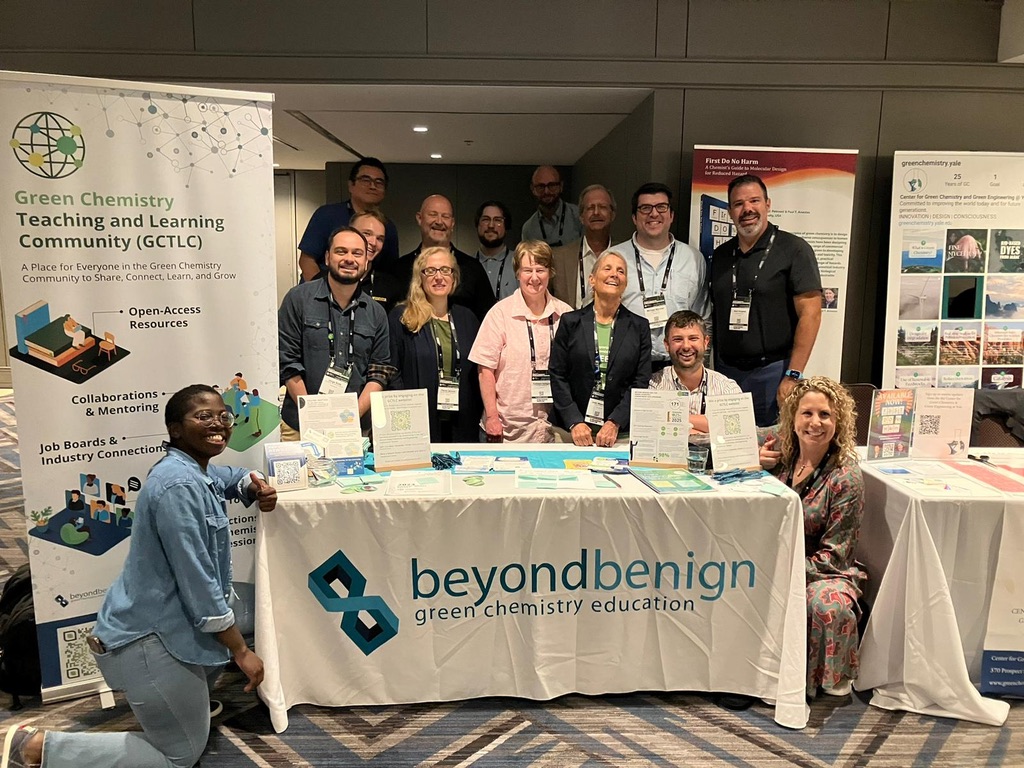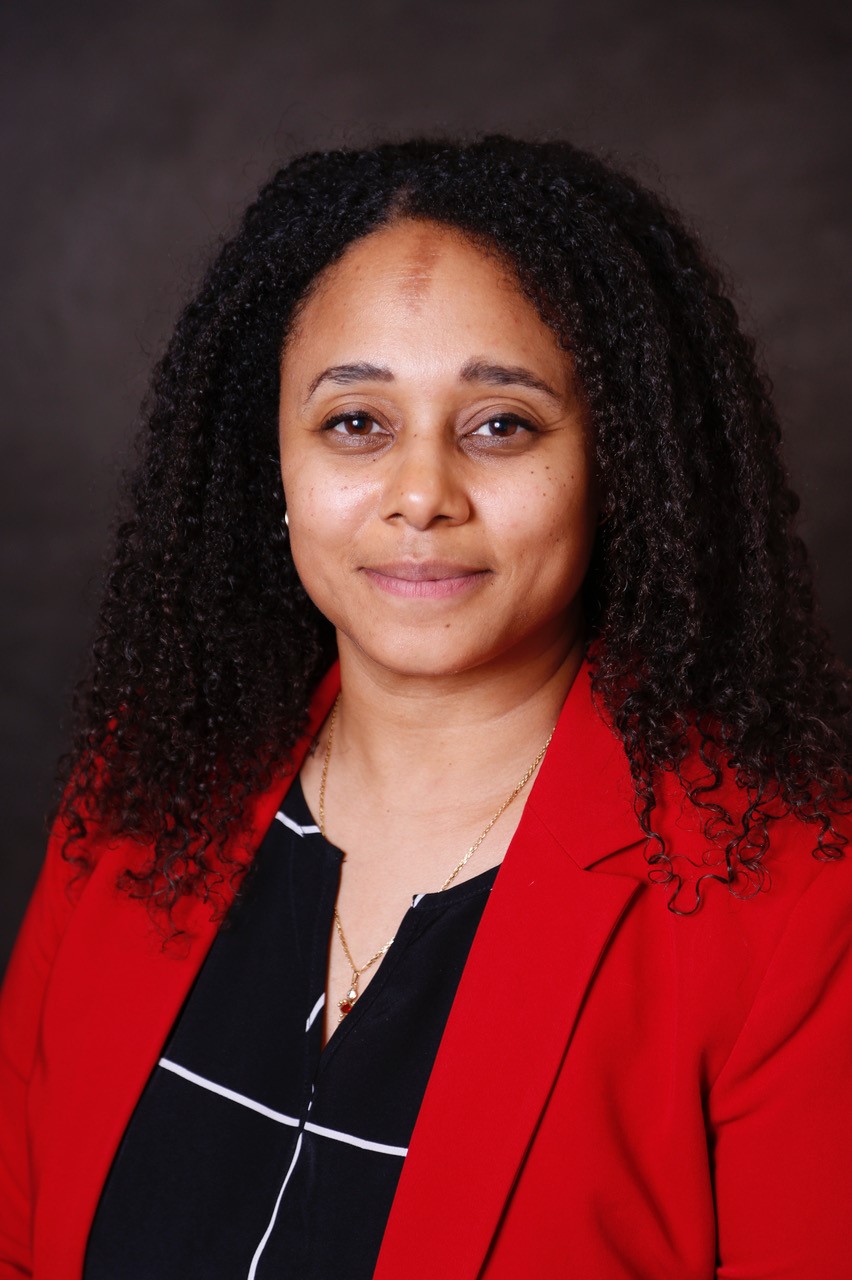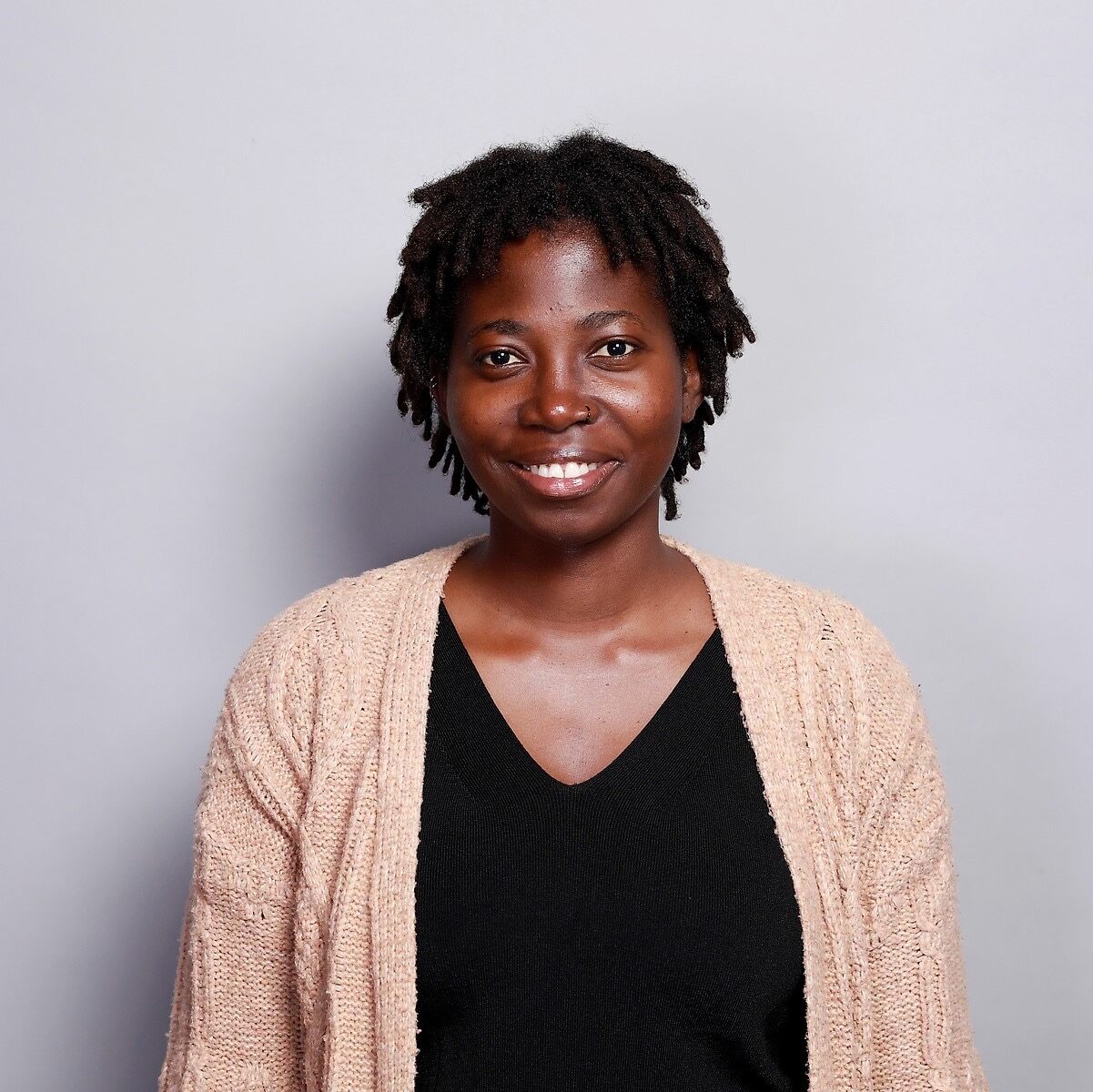
Why should I learn how to teach Green Chemistry?
Sustainability is becoming a sought-after skill for scientists. For businesses, Green Chemistry skills can increase efficiencies and reduce hazards, while enhancing innovation. Today’s workforce requires an understanding of sustainability across disciplines. As a chemistry educator, you have an opportunity to prepare students for the workforce needs of today. In addition, your new skills gained from the courses herein will support you to fulfill approval and accreditation requirements from professional societies, which now specifically include Green Chemistry and sustainability.
Why should I take a course?
Our courses are created by educators, for educators, in collaboration with Beyond Benign staff, ensuring they are both practical and of high quality. Whether you want to integrate sustainable practices into your teaching or deepen your knowledge of Green Chemistry, this training equips you with tools and strategies you can apply immediately in the classroom.
Because they’re on-demand, our courses fit into your schedule and support your professional growth without adding extra burden. Plus, you’ll join a vibrant community of educators and professionals who share resources, exchange ideas, and collaborate to advance Green Chemistry education together.


Who is Beyond Benign?
Beyond Benign is a non-profit organization dedicated to Green Chemistry education. Our mission is to empower educators to transform chemistry education for a sustainable future through Green Chemistry. Key Beyond Benign programs include the Green Chemistry Commitment and the Green Chemistry Teaching and Learning Community (GCTLC), designed to support educators and institutions in building capacity and fostering innovation in the field of Green Chemistry. By equipping educators with the tools to teach safe and sustainable chemistry, Beyond Benign is helping shape the next generation of chemists and citizens who prioritize both human and environmental health.
Meet Our Team

Dr. Deborah Bromfield Lee
Curriculum Developer
Dr. Deborah Bromfield Lee is a Full Professor and Chair of Chemistry, Biochemistry and Physics at Florida Southern College (FSC). Beyond her teaching responsibilities, Dr. Bromfield Lee is deeply committed to mentoring undergraduate research students across Green Chemistry, Chemical Education, and Medicinal Chemistry, fostering inquiry in these interdisciplinary fields. Dr. Bromfield Lee holds a Ph.D. in Chemistry specializing in chemical education from North Carolina State University, and a Master’s Degree in Chemistry, with a focus on organic chemistry, from Florida Atlantic University. With her passion for Green Chemistry and background in chemical education, she comes with a wealth of experience to develop the curriculum for the introductory Green Chemistry course for faculty. She serves as the Director of FSC’s Quality Enhancement Plan (SACSCOC), driving initiatives aimed at institutional improvement and student success. This role along with department chair, provides a more holistic viewpoint of the chemistry curriculum and it’s place educating the next generation.

Dr. Monica Hensley
Instruction and Research Manager, Higher Education
Dr. Monica Hensley (She/her) serves as the Instruction and Research Manager at Beyond Benign, where she oversees the design and development of innovative curriculum materials that support educators in implementing Green Chemistry in the classroom. She works closely with educators, researchers, and partners to advance Green Chemistry education through collaborative development and implementation efforts. Monica holds a Ph.D. in Chemistry with a focus on Chemical Education Research from Michigan Technological University. She also earned a Master’s degree in Pharmaceutical Chemistry and a Bachelor’s degree in Pharmacy (BPharm). Outside of work, Monica enjoys camping and is passionate about inspiring the next generation of responsible scientists through outreach and collaboration.

